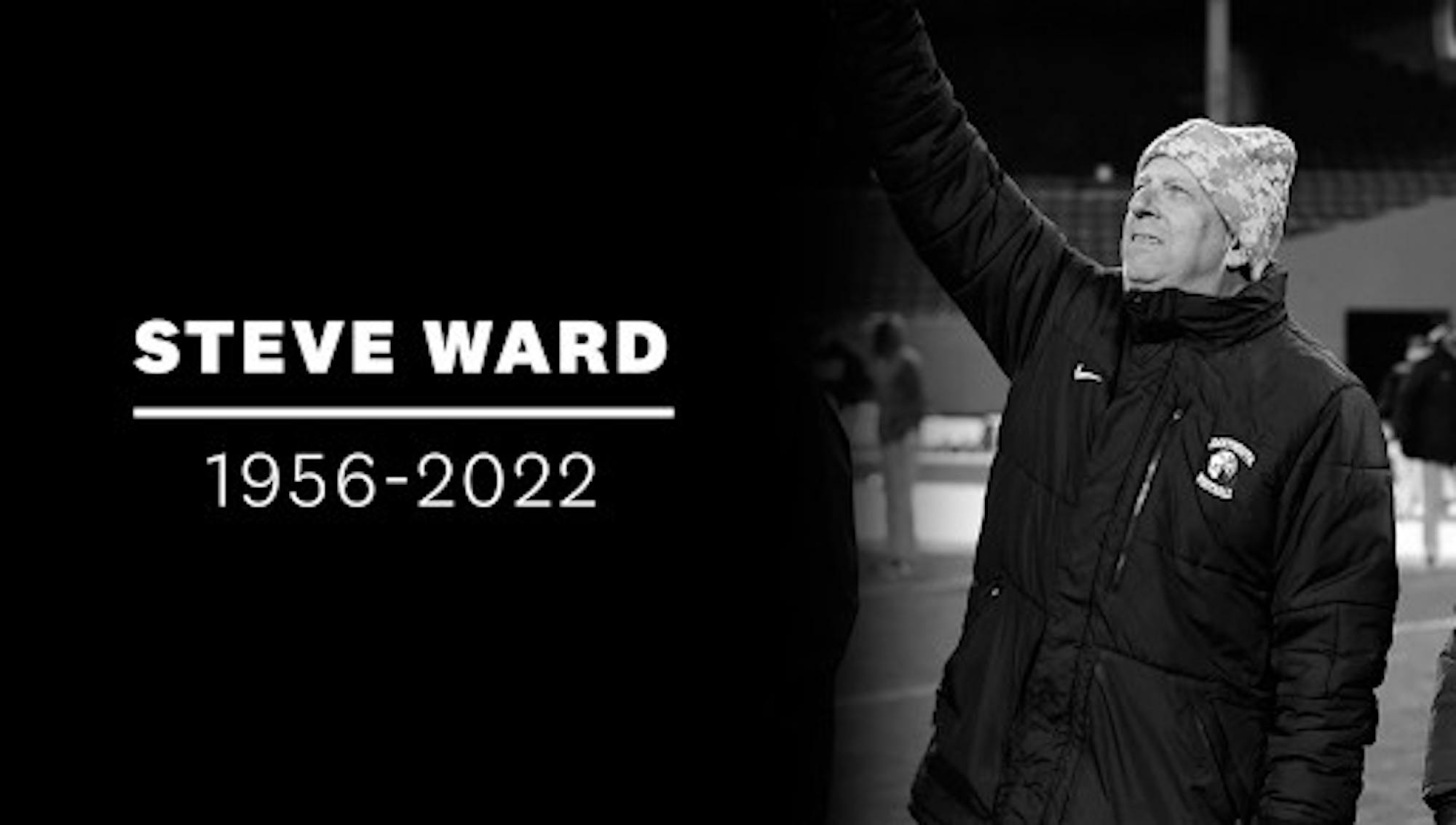Even as Steve Ward, longtime senior assistant equipment manager for Dartmouth football, battled cancer, he never missed a practice that he was physically able to attend.
“At the beginning of this fall, he was out at our practices, and you could tell he was in pain, but at the same time, he didn’t want you to talk about it because it didn't make any difference to him,” Big Green kicker Cameron Baller ’23 said. “He was going to live his life in the same way and be there and support us even when it was tough for him.”
Ward died at Jack Byrne Center for Palliative Care on Oct. 3, according to the Valley News, after serving Dartmouth’s equipment staff for the past 21 years. He died just weeks before his 66th birthday at the age of 65 and is survived by his wife, Terry, and his two daughters.
Ward was tough and detail-oriented, but players remembered him more for his radiating enthusiasm for Dartmouth football, positive outlook on life, the lessons he taught his players and, above all, his love for his team and family.
“If we were ever in a close game or had a rough patch in the season, Steve would say ‘whatever is happening, you can either deal with it and overcome it, or you can let it bring you down,’” tight end Zion Carter ’23 said. “Steve always wanted us to overcome it.”
Besides serving the football team, Ward spent 26 years in the Marine Corps, worked as a high school basketball official, and was a successful golfer and a family man, according to Dartmouth Athletics’ Twitter.
Ward was tasked with washing, maintaining, storing and distributing gear for over 100 players on the football team. He was also in charge of helping the team travel with the gear. Carter remembered Ward’s ability to be “organized and efficient” with the “logistical nightmare” that is an entire team’s gear responsibilities.
“Everything was always done right,” Carter said. “He was always very professional, and you could count on him — I just really enjoyed working with him.”
Carter added that Ward was extremely attentive to the individual needs of each player — a testament to his selflessness and principled character.
“I had a special requirement for my shoes, and when I reached out to him, he was very nice and understanding,” Carter said. “Right away, I could tell that he was going to give all that he had to the players, because he took time even with freshmen.”
Other players recalled Ward’s welcoming spirit and the lessons he taught them, even before they stepped foot on Memorial Field: Baller described Ward as a “father figure” to the team. The team came to appreciate Ward’s toughness, which they said was forged during his military career.
“He was very much a tough love guy. He didn’t always give you what you want, but he definitely gave you what you needed,” Baller said. “He was a guy that we looked up to because he taught us a lot of lessons — some were harder to learn than others, but at the end of the day, I think we all loved and appreciated him for the time and effort he put into all of us.”
Baller, a kicker, said he had a close relationship with Ward because his position spends more time on the sidelines and has more gear than other position groups. He recounted a story from his freshman year that stood out to him in which Ward taught him and his teammates an important lesson.
“Ward gave [the specialists] our capes [for warmth] and told us quite clearly to bring them back to him personally after a game,” Baller said. “However, we gave our gear to an assistant equipment manager who told us we should hand over our gear to him; that next day, Steve came over straight to our lockers and told us we had been told to do one thing, and we let someone else take them and do another. He was teaching us a lesson to follow rules.”
Carter said he also appreciated how Ward’s discipline fostered the team’s success on the field.
“I think he was a really great example of creating a sense of excellence,” Carter said. “As someone who didn’t really have as much to do with the actual game plan, he had a large impact because players learned how to be disciplined on the field from his meticulous work off the field.”
Bob Whalen, the head coach for men’s baseball, became close friends with Ward after years of working with him. He noted how much Ward and their friendship meant to him.
“I’d like to think that our friendship was based out of mutual respect,” Whalen said. “He had a good sense of humor; he was the guy you could work with and have fun with. Steve always went out of his way to treat me and my family well, and was very welcoming, very accepting.”
Whalen explained that Ward’s commitment to the athletics departmentwas something that everyone took note of.
“Steve was a tremendous man with great character and took his job responsibilities seriously,” Whalen said. “He approached the job responsibilities in a very professional way, and I always admired that.”
During Ward’s last full season with the team, football secured the 2021 Ivy League Championship — and players fondly remembered his obvious enthusiasm for the team.
“Ward thought our championship and the work we did to earn it was really amazing,” Carter said. “He was so excited that he was able to get us all this great [championship] merchandise and great hoodies right away. He was just as excited as anybody else, if not more.”




